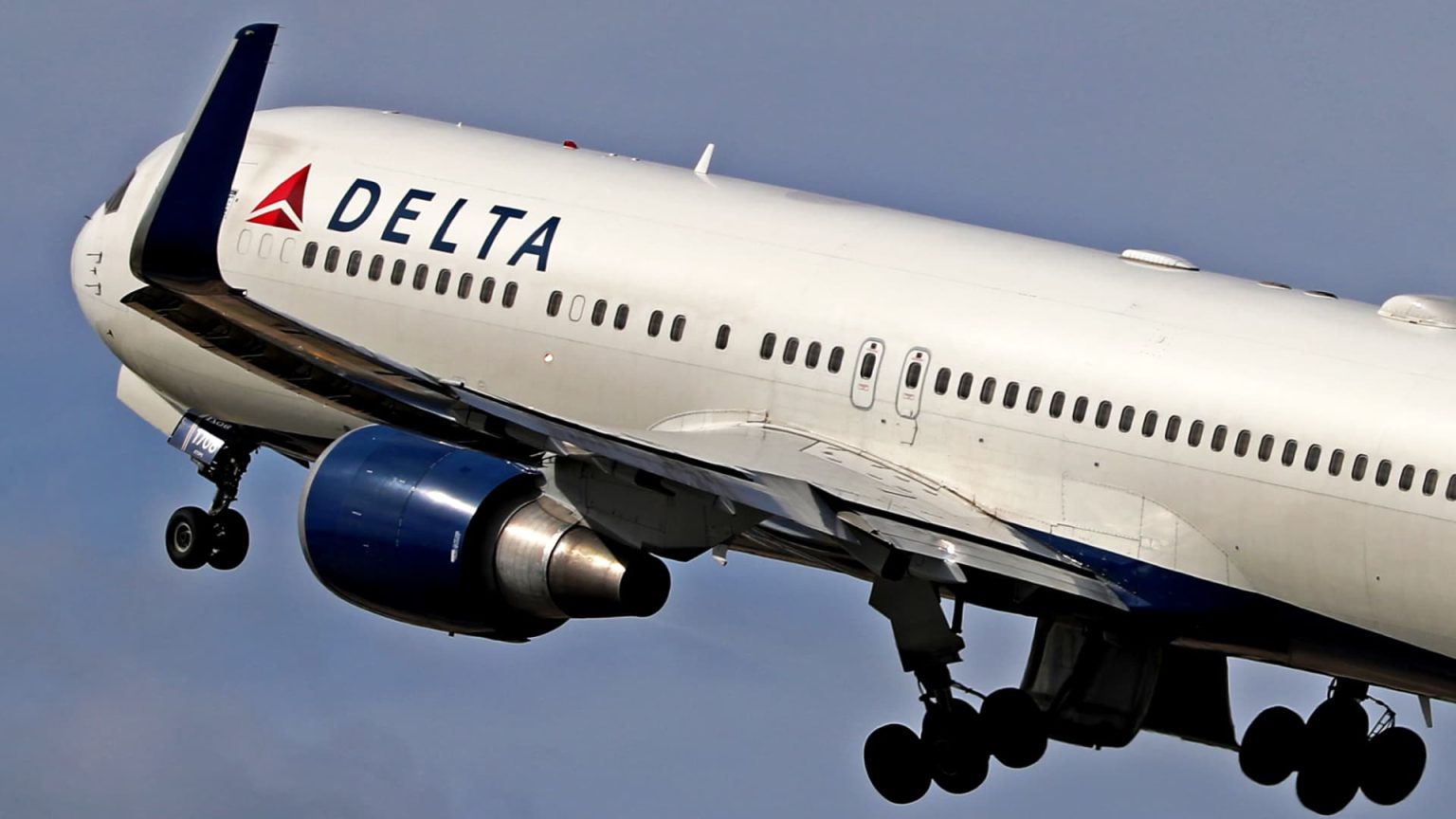Recent stock assessments have signaled troubling times for major U.S. airline carriers, with fears surrounding reduced travel demand arising from a mix of external economic pressures. Delta Air Lines, a prominent player in the sector, experienced a notable decline in its stock price following a downgrade by financial services firm Jefferies, which has influenced market trends and stock evaluations of other airlines as well. With earnings reports around the corner, analysts and investors are closely watching how these factors will affect airline profitability in the immediate future.
| Article Subheadings |
|---|
| 1) Delta Air Lines Faces Headwinds |
| 2) Broader Market Concerns Impacting Airlines |
| 3) Consumer Confidence and Travel Spending |
| 4) Analysts Forecast a Challenging 2025 |
| 5) The Future of Airline Industry Stock Performance |
Delta Air Lines Faces Headwinds
Delta Air Lines, one of the largest airlines and a key player in the U.S. market, has recently found itself navigating turbulent waters. Following a downgrade from a buy to a hold rating by Jefferies, Delta’s stock fell over 3% in afternoon trading, reflecting investor concerns about weaker travel demand. According to analysts, this downgrade nearly halved the airline’s price target, now set at $46, after Delta had previously lowered its first-quarter earnings guidance. The reason for this drastic evaluation is underpinned by a broader concern about changing traveler preferences, particularly as price-sensitive customers appear to be retracting their spending on air travel.
Broader Market Concerns Impacting Airlines
The decline in Delta’s stock is indicative of broader concerns across the airline industry, as other major carriers also experienced significant stock drops. Jefferies also reduced ratings for American Airlines, Southwest Airlines, and Air Canada, all of which have unique vulnerabilities amid uncertain economic conditions. Specifically, Air Canada is seen as having considerable exposure to a decline in cross-border travel with the U.S., which could compound existing issues. As a consequence, American Airlines shares fell approximately 3% and Southwest Airlines dropped over 5%, signifying a widespread apprehension among analysts and investors alike about the stability of the sector.
Consumer Confidence and Travel Spending
In the context of these stock fluctuations, consumer spending patterns reveal critical insights. Although household credit and debit card spending increased by 1.5% from the previous year, spending specifically targeting airlines dropped by 7.2%. Insights from Bank of America suggest that the decline in travel card spending could be linked to waning consumer confidence and consequent hesitations about booking trips. In addition, seasonal factors such as inclement weather and the timing of Easter this year may be affecting overall travel-related expenditures.
Analysts Forecast a Challenging 2025
Looking ahead towards 2025, analysts predict a challenging year for U.S. airlines. The downgrades from Jefferies indicate that Delta may see further reductions in its forecasts, which can have cascading effects across the entire industry. At a recent industry conference held by JPMorgan in mid-March, airline executives reiterated the softening demand experienced domestically, which constitutes the bulk of U.S. airline revenue. Concerns regarding the sustainability of passenger volumes are mounting, as an uncertain economic climate begins to dictate travel choices for many consumers.
The Future of Airline Industry Stock Performance
The current stock performance models for U.S. airlines paint a stark picture. The NYSE Arca Airline Index, which reflects the health of airline stocks, has dropped almost 17% in the first quarter—significantly more than the S&P 500’s overall decline. This substantial decrease marks one of the most challenging periods for airline stocks, overshadowing previous rebounds and indicating that investor sentiment may remain low as long as uncertainties about travel demand and economic conditions persist. When Delta reports its earnings results next Wednesday, it will serve as an important indicator of industry trends that may affect air travel profitability in the months to come.
| No. | Key Points |
|---|---|
| 1 | Delta Air Lines’ stock fell by over 3% following a downgrade by Jefferies. |
| 2 | Concerns about weaker-than-expected travel demand are prevalent across the airline sector. |
| 3 | Consumer spending on airlines has decreased by 7.2% amid reduced confidence. |
| 4 | Analysts are predicting a challenging 2025 for U.S. airlines amid economic uncertainties. |
| 5 | The NYSE Arca Airline Index has dropped nearly 17% in the first quarter of the year. |
Summary
In summary, the airline industry is facing significant challenges as stock assessments reflect a decline in consumer demand amid turbulent economic conditions. Delta Air Lines, along with other major carriers, is recalibrating expectations for profitability and growth. With upcoming earnings reports set to provide a clearer picture of the industry landscape, stakeholders are watching closely for indicators of potential recovery or continued downward pressure.
Frequently Asked Questions
Question: What led to Delta Air Lines’ stock drop?
Delta Air Lines’ stock drop was primarily driven by a downgrade from Jefferies, which lowered its rating from buy to hold and nearly halved the airline’s price target due to concerns over weakening travel demand.
Question: How is consumer confidence affecting the airline industry?
Declines in consumer confidence have led to reduced travel spending, with a significant 7.2% drop in airline-related expenditures as consumers hesitate to book trips in light of economic uncertainties.
Question: What are analysts predicting for the airline industry in 2025?
Analysts are forecasting a challenging year for the airline industry in 2025, with expectations of lower passenger volumes and continued economic constraints affecting overall profitability.


